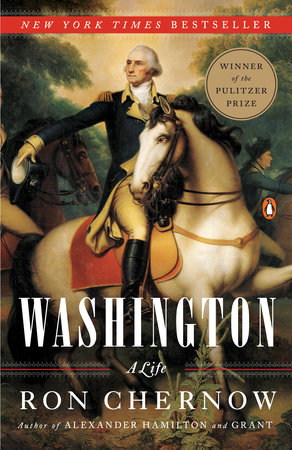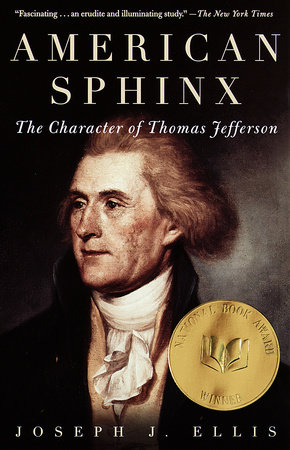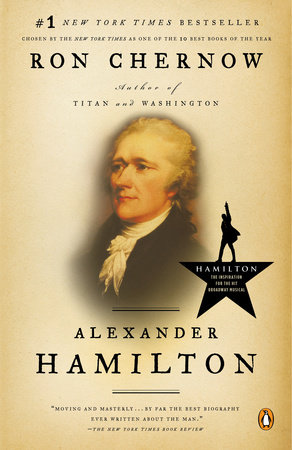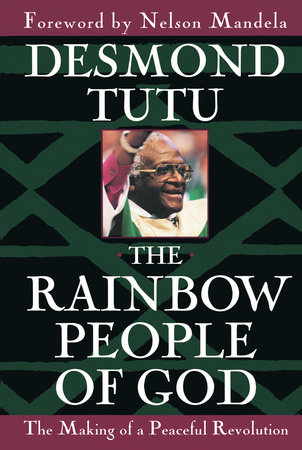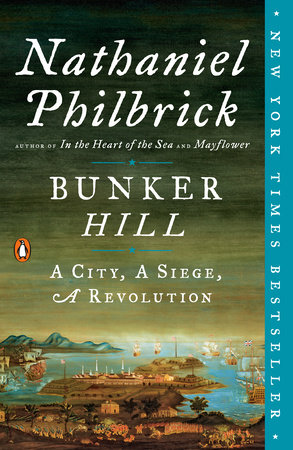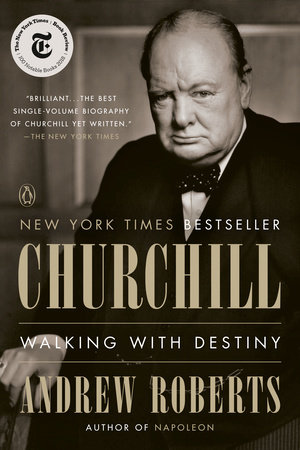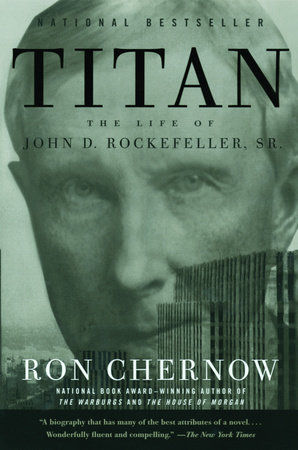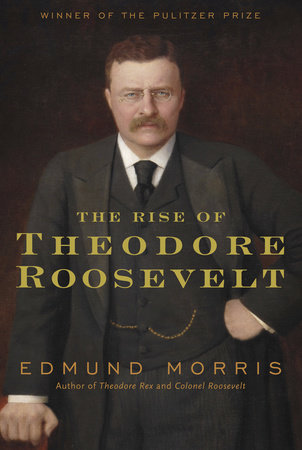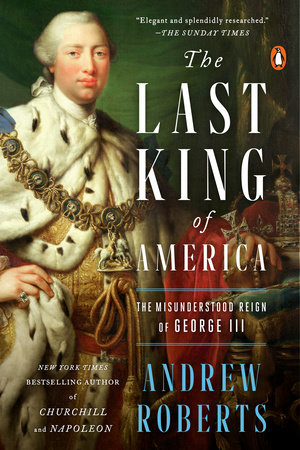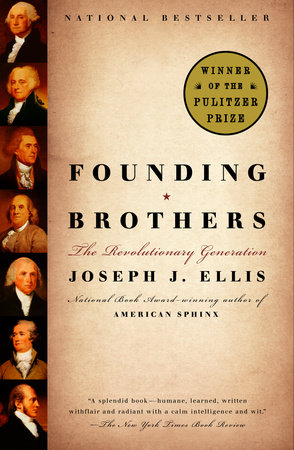Washington marks a departure for you. J.P. Morgan and family, the Warburgs, John D. Rockefeller, Alexander Hamilton: Your previous subjects have all had a financial or business connection.I thought that if I went on doing only business subjects I would go stale as a writer. I was also a bit concerned at the way that people began to stereotype me. At the end of lectures, people would start yelling, “Do Carnegie next! Do Vanderbilt” next, as if I would spend the rest of my life portraying one tycoon after another. I like to think that I’m more than a one-trick pony. People sometimes overstate the financial dimensions of my books, which are rich in political and social history with complex psychological portraits at their core.
Tell us about your decision to write a presidential biography and tackle such a well-known figure.
When I was researching my Hamilton biography, I came upon some letters that Hamilton wrote about Washington during the Revolutionary War. Hamilton was serving as his aide-de-camp when the two men had a quarrel, leading to Hamilton’s departure from his staff. In subsequent letters, Hamilton described Washington as a moody, irritable, and temperamental boss, even something of a powder keg. I had never seen Washington described that way and I began to wonder whether significant dimensions of his personality had escaped previous biographers. That started me down a long and complex road as I sought to capture Washington’s true personality.
How is George Washington different in your biography from the one depicted in previous biographies or school history lessons.
Well, in our laudable desire to honor and revere Washington, we have sanded down the rough edges of his personality and made him an impossibly stiff and wooden figure. Beneath his famously stoic reserve there lurked a powerfully emotional man of many moods and fiery opinions. He was a real force of nature, not at all the bland figure we carry about in our heads. When I began to see him in this light, his extraordinary accomplishments became far more comprehensible to me. The furnace of his ambition was always boiling.
Your Washington is enriched by access to the Papers of George Washington project at the University of Virginia. As a result, you are able to paint a portrait of Washington never seen before. Tell us about this and your research.
Starting in the late 1960s, the University of Virginia began to publish a new edition of Washington’s papers, based on 135,000 documents gathered from archives around the world. These volume appear at the rate of one or two per year and now total more than sixty of a projected ninety volumes. This new edition is a veritable feast of scholarship, printing all letters to and from Washington as well as extracts from contemporary letters, diaries, and newspapers. At times, you feel you can trail Washington about on an almost hourly basis. The result, I hope, is a far more vivid and immediate portrait of the man than has ever been possible before.
Every schoolchild hears about Washington’s wooden teeth but you point out that this is just one of many myths about Washington that persists.
The cherry tree story was invented after Washington’s death by Parson Mason Locke Weems, an itinerant preacher and book peddler. This story, which has tormented generations of schoolchildren, has no known basis in fact. Another common myth is that Washington had wooden teeth. While it’s true that he wore dentures, they were carved from walrus or elephant ivory; as the ivory aged and got stained, it developed a grainy look that resembled wood. Hence the historic misunderstanding. Yet another common myth is that Washington wore a wig; in fact, he got that characteristic look by pulling his hair straight back, fluffing out the sides, then powdering his hair. To modern eyes, it looks like a wig.
You reveal surprising details about Washington’s mother. Tell us about their relationship and how it shaped him.
When Washington was eleven, his father died and his mother thought that he should devote his life to taking care of her. Mary Washington was a crusty, prickly, and self-centered woman. We have no evidence that she attended George and Martha’s wedding or ever visited them at Mount Vernon. Starting with the French and Indian War and running through Washington’s tenure as commander-in-chief of the Continental Army, she complained that he neglected her. Late in the Revolutionary War, she even filed a petition for relief with the Virginia legislature, pleading poverty and insinuating that she had been abandoned by her son. This was immensely painful and embarrassing to Washington, who had been a dutiful son, if not always a particularly affectionate one.
Washington reveals more about Washington as a slave holder than any book before. Why? What did you discover that surprised you?
Well, I assumed that when a man owns 300 human beings, it formed no small or trivial part of his life. I present a very detailed but very mixed picture of Washington as a slave holder. On the one hand, I discovered that he was a relatively benign master who recognized slave marriages and refused to break up families. On the other hand, he was so intent on extracting profit from his slaves that even on the coldest winter days, he had them out digging up tree stumps, draining swamps, and performing other heavy manual labor. Washington was always bothered by being a slave owner and in his will he became the only Founding Father who had the decency to free his slaves.
Though people often think of the founding era as an age of civil discourse and genteel politics, it was quite the contrary. Politics in the early republic could be brutal and rife with discord.
We like to idealize the founding era as a genteel era of philosopher kings, but it was a period of partisan attacks and blistering polemics as nasty as anything seen today. Like President Obama, Washington became president hoping to transcend partisanship and conduct a reasonable political discourse. Instead he ended up as the target of vicious attacks from the opposition press, which accused him of adopting regal ways. After two terms, he left office a bruised and somewhat bitter man.
One of Washington’s gifts was his ability to inspire and bring people together. Would you discuss this and other attributes that made Washington a great leader?
Washington had a keen sense of human psychology. During the Revolutionary War, he knew how to motivate his men by portraying them as actors in a grand historical pageant, a glorious fight for freedom. He made people feel that their sacrifice mattered. At the same time, he never assumed that people were saints. Before battles, he warned that deserters were cowards who would be shot on the spot. He always demanded the best from his people.
You paint a lavishly detailed portrait of Washington’s marriage to Martha, yet we know that he was smitten with his best friend’s wife, Sally Fairfax. Washington wrote that his life’s happiest moments had been passed with Sally, not Martha. Nonetheless, you say that George Washington was happily married.
On the eve of his marriage to Martha, Washington was still infatuated with Sally Fairfax but it was an impossible dream: her husband, George William Fairfax, was a close friend and wealthy man and the all-powerful Fairfax clan had been Washington’s chief sponsors in Virginia society and politics. Washington may well have felt more romantic toward Sally Fairfax than Martha, but Martha gave him everything he needed for a happy life: enormous wealth, emotional support, fine social skills, excellent judgment, and steady integrity. Washington’s marriage probably mellowed into a deeply rewarding friendship as the years went by.
How would you rank Washington as a general? You point out that he probably lost more battles than he won during the Revolutionary War.
By conventional standards, Washington doesn’t rank as a major military leader. He bungled several major battles—Brooklyn, Brandywine Creek, Germantown—through faulty strategy or insufficient intelligence. But he can’t be judged by the usual scorecard of battles lost or won. His position as commander-in-chief was as much a political as military one and by keeping the Continental Army intact, he kept alive the flame of rebellion for more than eight years, overcoming constant shortages of money, manpower, clothing, blankets, and gunpowder. This supreme feat dwarfs anything he did on the battlefield. Washington came to personify the new country in a way that nobody else could have duplicated.
You point out that as president of the Constitutional Convention, Washington didn’t participate in the debates. How important was his presence there?
His presence in Philadelphia was vital because the convention delegates, who debated behind closed doors for four months, were sworn to secrecy. Washington’s leadership reassured a skittish public that a sinister conspiracy wasn’t being hatched in Philadelphia. Also, the delegates felt comfortable in creating a powerful office of the presidency in the Constitution because they assumed that the trustworthy Washington would be its first occupant.
America is endlessly fascinated with the Founding Fathers, especially of late. Why do you think that is?
I would have to suspect that the current fascination with the founders stems from disenchantment with our current crop of politicians. People are disturbed by a sense that the country is adrift, so naturally they turn back to a time of unusual creativity in government when the leading figures were brilliant, fearless, and heroic. We are also divided by fundamental splits in our society that drive us back, again and again, to the crafting of the Constitution and the basic principles of the country’s founding.
How is Washington and the turbulent time of America’s founding relevant today?
As a politician, Washington had several outstanding qualities that seem in short supply today. Whatever hardships he faced, he always retained a clarity of vision and constancy of purpose that were quite extraordinary. Whether as general or president, he never let petty disputes or personal ambitions sidetrack him from the lofty goals of winning American independence and forming a strong, free, and prosperous country. In pursuing these objectives, he never cut ethical corners or pandered to the public for the sake of short-term success. He never confused leadership with a popularity contest. Instead he made people strive to match his own high moral standards. Would that we had more people like Washington in public life today.
